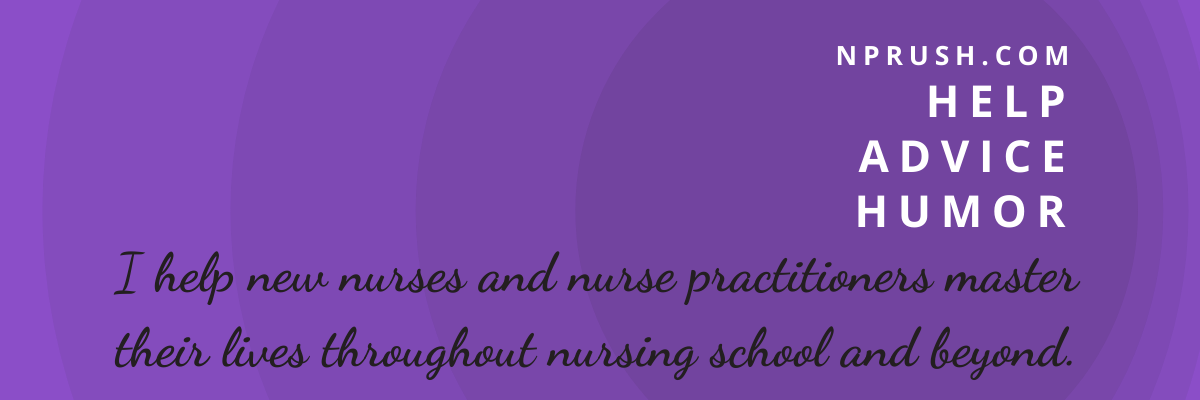Documentation is just as much about what you don’t write as it is about what you do write.
Clinical documentation can be tricky but here are the basics.
WHAT TO WRITE
1. Be objective. This means if you personally saw it, then you can document it.
When documenting an assessment, only write what you heard, saw, or felt (physically). If including a statement from the patient, use quotes and document word for word what was said.
If a patient uses abusive or foul language, DO NOT include that.
Instead, you can document that the patient used abusive language then place quotes around the rest of the comment.
2. Document in a timely manner. Chart as soon after a procedure or assessment as you can. There will be times when you just can’t document immediately, but this shouldn’t be the norm.
With electronic medical records, every entry is time-stamped. If you must create a late entry remember this–in electronic medical systems it will be time-stamped with the current time this will be the date of entry.
Be sure to clearly state inside the note, the date/time of the late entry (yes again) and indicate the actual date/time the observation/care happened. Always follow your organization’s protocols/policies and always label a late entry as “late entry.”
3. Be clear and concise. Remember, this isn’t a novel. Include precise and short information that is complete and accurate.
4. Always document refusals. Sometimes patients refuse treatments or recommendations. That’s okay, but be sure you include it in your documentation.
Include their statement of refusal, their reason, and your actions. It is your responsibility to document patient refusals. Treatment refusal may lead to patient injury and/or legal ramifications. You must document refusals.
5. Always document allergic reactions or events ASAP. There will always be incidents, unfortunately. These have to be documented immediately.
Include the facts only and follow your organization-specific protocol on how to document an incident.
6. Confidentiality is crucial. What you document becomes part of that patient’s permanent record. These entries are not to be shared with anyone who is not providing direct patient care to this person.
That means so not share your handiwork with co-workers, friends, or even the patient’s family members. Patient records are protected by law (HIPPA!) and breaching confidentiality could lead to legal consequences.

WHAT NOT TO WRITE
Your documentation becomes part of the patient’s legal record. This legal document could end up in court one day.
Document with that in mind.
Your documentation must always be accurate, factual, complete, current, and compliant with healthcare laws and your facility’s standards.
1. Avoid subjectivity. Stick to the facts, nothing else. Opinions or how you feel or think about something is a no-no. Never include your personal thoughts or reflections. NEVER.
2. Go easy on the abbreviations. Not all medical and nursing abbreviations are standard.
Typically, each healthcare organization has its own set of organization-approved abbreviations.
Avoid confusion in your documentation by using minimal abbreviations that are widely standardized, and by being familiar with approved abbreviations within your organization.
3. Be aware of words that will never hold up in court!
Avoid “labeling” words like demanding, grumpy, crazy, lazy, or bad attitude.
Instead describe the patient’s actions, behaviors, and gestures then quote their comments.
Avoid words that exaggerate and words that embellish or inflate like always and never. Avoid uncertainty such as likely, appears, or seems like. Avoid vague words like good and bad, uncontrolled and non-compliant.
Example
Don’t write this: Patient is non-compliant about checking his blood glucose levels at home.
Write this instead: Patient reports he did not check his blood glucose levels at home today or yesterday. Patient reports the last time he checked his blood glucose level was two months ago on 10/1.
Words to Avoid

FREE PDF DOWNLOAD: Words to Avoid in Nursing Documentation
Here is a list of words to AVOID while documenting. Be sure to get the FREE PDF download of this word list.
Normal
Seems to be
Okay
Large
Big
Almost
Medium
Slightly
Average
Less
Small
More
Tiny
Little
Sometimes
Adequate
Better
Worse
Improved
Good
Bad
Some
Usually
Occasionally
Frequently
Anxious
Restless
Acceptable
Appears to be
Need more help? Be sure to check out all the free downloads here.
Cheers!






